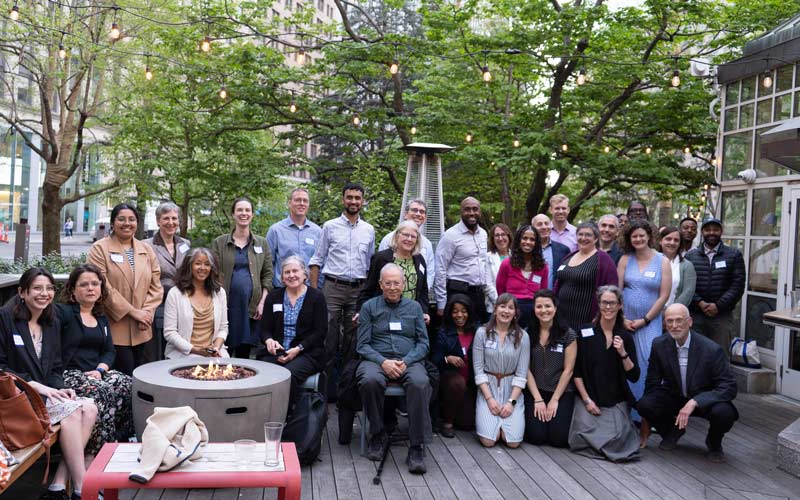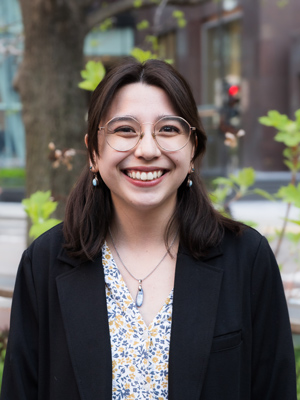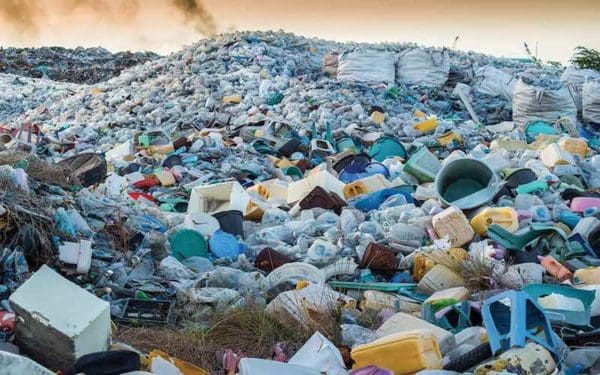
The Environmental Justice Assistance Network connects communities to much-needed legal and technical resources. Photo: Adilson González Morales.
The Environmental Justice Assistance Network (EJAN) helps low-income residents and communities of color who face environmental challenges like air pollution and unsafe drinking water. EJAN – currently serving Massachusetts – connects communities with experts in law, policy, science, and community organizing. The network aims to support communities to hold decision-makers accountable and participate in important decisions affecting their health, safety, environment, culture, and quality of life.
I spoke with Denise January of Alternatives for Community and Environment, EJAN’s Coordinator, to learn more about her work and vision for the program.

What inspires your work in environmental justice?
My academic background in environmental studies and anthropology helped me better understand the unfair burdens many people face. It also solidified my vision for justice that, no matter your background, everyone deserves to live in a healthy environment and have a say in shaping their communities. I wanted to work with people and help improve their lives. EJAN allows me to drive that type of change.
How does EJAN hope to impact our communities?
Many communities face environmental challenges that impact their health and livelihoods. But while they see and experience these problems firsthand, they often don’t know where to turn to solve them. EJAN fills that gap by connecting these communities to much-needed legal and technical resources. With the right tools and knowledge, community members can be empowered to influence the decisions that impact their lives and ensure their voices are heard.
Tell us about your role as EJAN’s Coordinator.
Our program started in 1994 but paused in 2015. So, we are currently focused on relaunching it – rebuilding and maintaining our network of pro bono legal and technical professionals. In my role, I recruit these professionals from law firms, bar associations, and the private sector – and organize training sessions to help these experts collaborate effectively with community leaders.
My role includes outreach to community groups, managing the client intake process, and working closely with partner organizations to sustain and grow our network. But the most critical part of our mission is connecting with communities and making myself available to help or refer them to other resources.
How does the network collaborate with communities?
Collaboration is at the heart of what we do. We start by building strong partnerships with the communities we serve. Then, we connect them with our network of experts who offer free legal help, technical support, and training to help enhance their advocacy skills. The communities lead these efforts, raising their concerns and working with our volunteers to address them.
For example, during the Union Square Redevelopment Project of 2014, residents worried about gentrification, sustainability, and displacement. We paired the community with an attorney who helped them create a legal strategy. The result was a community benefits agreement with the developers, outlining the tangible outcomes of the project that the community wanted. But our attorneys and volunteers didn’t make decisions for the community or step in to “save them.” Instead, we provided the expertise they needed to take charge. It’s all about giving them the tools to advocate for their own goals – after all, who knows better than the people who live there?
What are your hopes for the future of EJAN?
Many communities have been fighting developers, pollution, and other issues for decades. They often feel like they have no one to turn to. Right now, we want to raise awareness about our program so these communities know they are not alone. Resources and volunteers are available to help them get the assistance they need.
We also want to expand our reach beyond Massachusetts to other New England states. Ultimately, I hope EJAN can serve as a model for similar initiatives nationwide. We need to ensure all communities have the resources to advocate for themselves and address environmental challenges effectively.
Bonus Question: How can people and other organizations get involved with EJAN?
There are many ways to join EJAN’s fight for environmental justice. Lawyers and technical professionals can join our pro bono network to be paired with community groups—that’s one of the ways we have collaborated with CLF. Community organizations can help us identify and support residents in need. Individuals can help by spreading the word about our mission, making donations, or volunteering their time and skills.
Our door – and my inbox – is always open. We are happy to be a resource in any way. To get started, people can contact me at 781-408-7857, denise@ace-ej.org, or sign up to become part of EJAN’s volunteer database.



